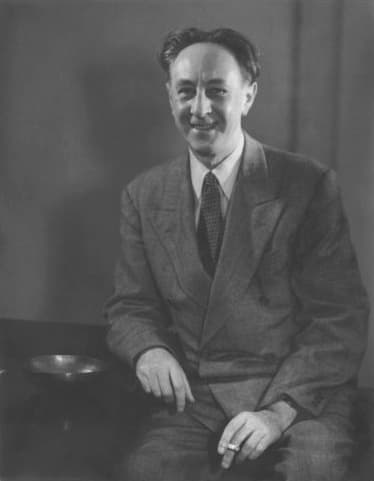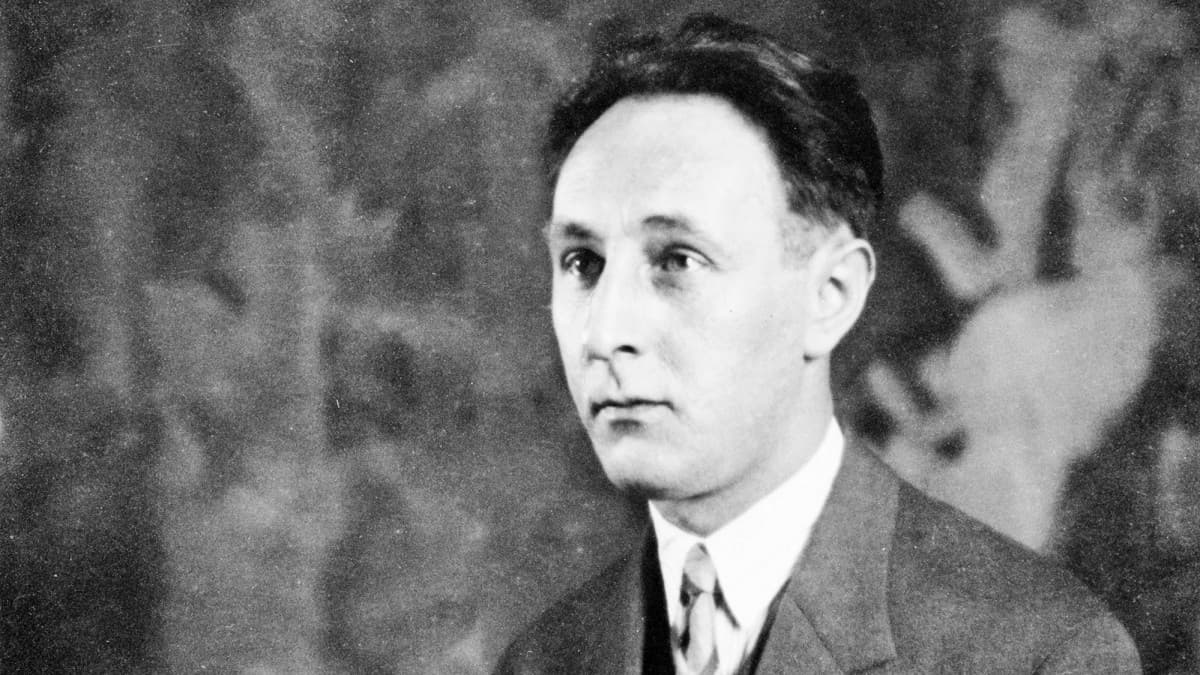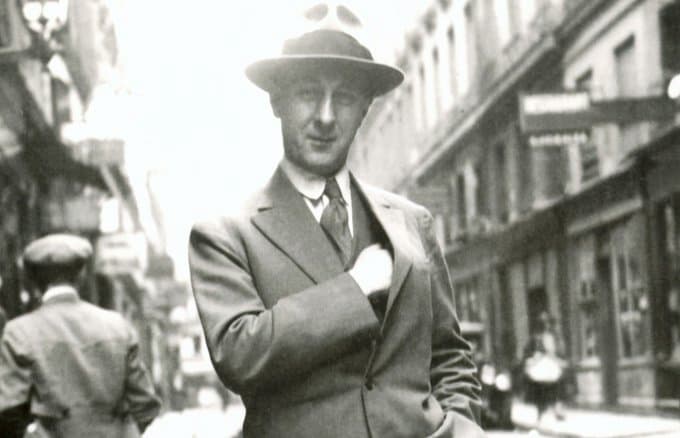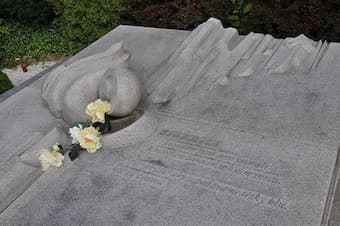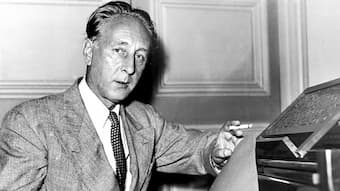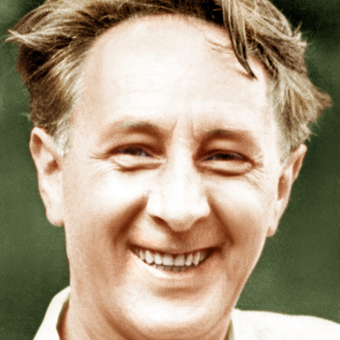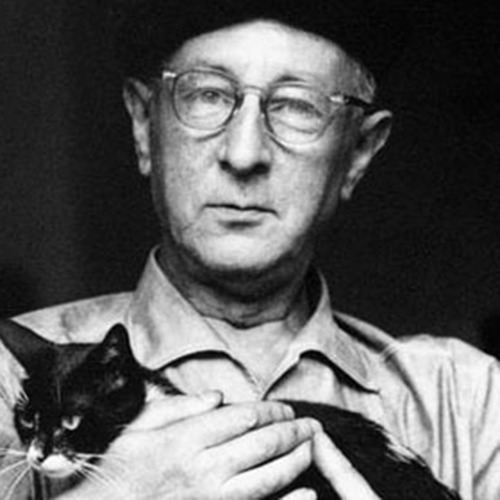Bohuslav Martinů (1890-1959), the younger compatriot of Czech composer Leoš Janáček (1854–1928), was much more widely traveled than Janáček, largely due to the wars of the 20th century. Martinů, living in Paris in 1940, emigrated temporarily to Portugal and then
Martinu
In the years preceding World War II, Bohuslav Martinů was a much-respected composer experimenting with jazz, folk, and avant-garde creations in Paris. Forced to flee to the United States in 1940, he soon became the living composer whose works were
Czech composer Bohuslav Martinů (1890–1959) started his music career as a violinist, giving his first public performances at age 15. Townspeople supported his career and at age 16, he was given funding to attend the Prague Conservatory. He didn’t take
Escaping Nazi oppression, Bohuslav Martinů found refuge in the United States. Struggling financially and eternally homesick, Martinů started to set folk song texts that became a symbolic connection to his beloved homeland. Dejected dreamlike vision of peace and the longing
As WWII disrupted the world, many composers fleeing Europe ended up in the United States and were never able to return. One of those composers was Bohuslav Martinů (1890-1959). He moved to France from Czechoslovakia in 1923 and then ended
Escaping Nazi oppression, Bohuslav Martinů and his wife Charlotte arrived in Lisbon on 11 January 1942. Roughly two months later they boarded S.S. Exeter with destination Hoboken, New Jersey. As with other artists who arrived in similar circumstances, life in
Haunted by the memory of Julietta, a girl he once spied singing from her window in a seaside holiday town, the Parisian bookseller Michel searches for her in his dreams. He meets a number of characters in increasingly bizarre encounters
Bohuslav Martinů (1890-1959) always paid close attention to avant-garde cosmopolitan musical developments. Yet simultaneously he was acutely aware of his position as a composer of Czech national music. Ceaselessly working to “express the never-ending search for truth and the meaning

